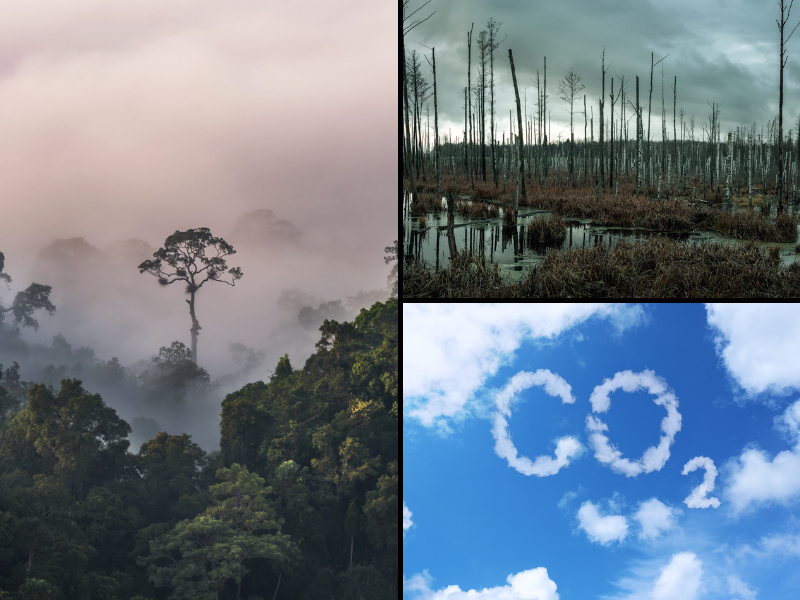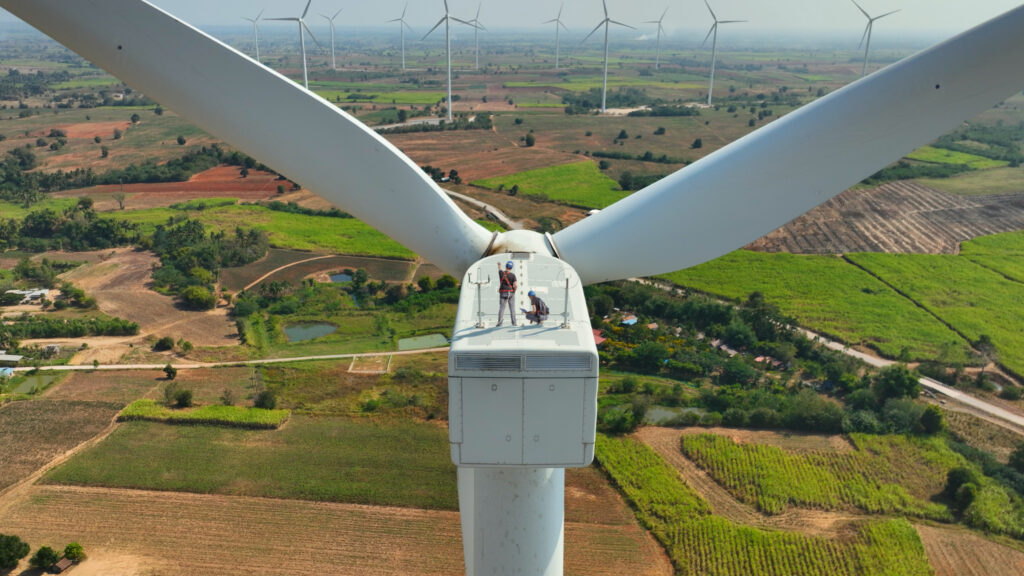The Sierra Club criticized President George W. Bush during the week of August 20 for showing “reckless disregard” by failing to warn the public of health risks allegedly posed by “toxic” smoke from World Trade Center (WTC) rubble.
“The desire to reopen Wall Street cannot justify placing civilian safety at risk,” the Sierra Club asserted.
Dubious Data Back Claims
There’s no question residents of lower Manhattan were exposed to smoke, dust, and fumes–including asbestos, mineral fibers, and a soup of chemicals–as a result of the WTC collapse after the September 11, 2001 attacks. There’s also no question some residents developed new, or exacerbated existing, respiratory system health effects as a result of those exposures.
But the data mustered by the Sierra Club in its effort to demonstrate the Bush administration acted with “reckless disregard” of the public health after the September 11 attacks doesn’t come close to supporting that serious charge.
“There appeared to be a significant increase in new-onset asthma in Chinatown … after the attack,” the Sierra Club claimed, citing a recent study in the Journal of Allergy and Clinical Immunology.
A careful examination of the study results, however, yields a significantly different set of facts. The study, in fact, reported increases only in asthma clinic visits and prescriptions written; it did not report any new diagnoses of new-onset asthma or increased use of oral steroids or inhalers.
A perfectly plausible interpretation of the data could be that understandably worried residents were prescribed asthma medications on a just-in-case basis. There are no credible reports of a post-September 11 epidemic of “new-onset asthma” among lower Manhattan residents.
The Sierra Club report also mentioned a vague, unpublished report of an undisclosed–and not validated–increase in coughing, wheezing, and shortness of breath among a small sample of lower Manhattan residents following the September 11 attacks.
Although that may have occurred, the sketchy nature of the report seems to indicate any increase in health effects probably wasn’t serious or long-lasting.
Speculation about Future Effects
No doubt because the near-term health effects associated with the WTC collapse among lower-Manhattan residents are relatively few, the Sierra Club report raised the specter of future illnesses from exposure to WTC debris.
“Many of the effects of human exposure to the WTC pollution will not manifest for many years. Lung cancer may not be detected for a period of 10 to 30 years after first exposure, and the latency period for mesothelioma–an asbestos-caused cancer–ranges from 20 to 50 years,” the Sierra Club report said.
Fortunately, the notion that WTC pollution will lead to lung cancer or mesothelioma is utter nonsense.
The vast majority of lung cancer occurs among long-term heavy smokers. It’s unlikely that anyone’s exposure to dust, debris, and fumes emanating from the WTC collapse–even among rescue workers–was of sufficient intensity or duration to by itself to lead to lung cancer.
With respect to mesothelioma, it is true that long-term exposure to high levels of certain types of asbestos has increased the rates of disease among former asbestos workers, particularly among those who smoked. But this is not the WTC situation.
Though the U.S. Environmental Protection Agency reports asbestos was identified in some airborne dust samples collected following the WTC collapse, the levels were low, and the samples contained chrysotile, the least hazardous type of asbestos. Data, including a 1998 study published in the New England Journal of Medicine, indicate non-occupational exposures to chrysotile asbestos don’t increase cancer risk.
Self-Serving Claims
None of the charges cited in the Sierra Club report, then, constitute evidence that Bush acted with disregard for the public health after the September 11 attacks.
Given the urgent need to get the nation’s financial system up and running as soon as possible after the attacks, Bush’s actions stand in stark contrast to those who have tried to exploit September 11-inspired health fears for their own political and pecuniary benefit. Prominent among these parties have been trial lawyers, Sen. Hillary Clinton (D-New York), and junk scientists working for environmental advocacy groups.
If there has been any reckless disregard with respect to the public health aftermath of the September 11 attacks, it has surely been on the part of the junk-science mob in exaggerating and wildly exploiting understandable fears about the possible consequences of that tragic day in American history.
Steven Milloy ([email protected]) is publisher of JunkScience.com, an adjunct scholar at the Cato Institute, and author of Junk Science Judo: Self-Defense Against Health Scares and Scams (Cato Institute, 2001).



